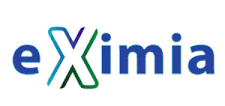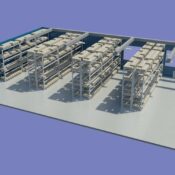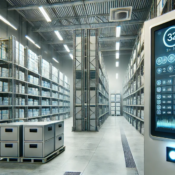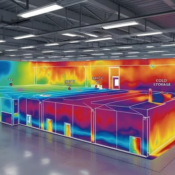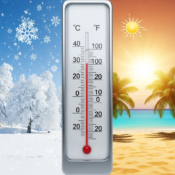In Riyadh’s challenging climate, maintaining optimal temperatures in retail environments is crucial to minimize product waste and ensuring customer satisfaction. Eximia360, a leading provider of temperature mapping study services across Saudi Arabia—including Riyadh, Jeddah, and Dammam—offers comprehensive solutions to help retailers achieve this goal.
1. Identifying Hot and Cold Spots
Temperature mapping studies involve placing calibrated sensors throughout retail spaces to monitor temperature variations. This process helps identify areas prone to heat accumulation or cold spots, allowing retailers to adjust HVAC systems accordingly. By ensuring uniform temperature distribution, retailers can prevent product spoilage and reduce waste.
2. Optimizing HVAC Systems
Regular temperature mapping studies provide data that can be used to fine-tune HVAC systems. By analyzing temperature fluctuations, retailers can adjust airflow and cooling capacities to maintain consistent temperatures. This optimization not only enhances product preservation but also improves energy efficiency, leading to cost savings.
3. Ensuring Compliance with Regulatory Standards
Retailers dealing with perishable goods must adhere to local and international regulations regarding temperature control. Eximia360’s temperature mapping studies help ensure compliance with standards set by the Saudi Food and Drug Authority (SFDA) and other regulatory bodies. This adherence mitigates the risk of fines and reputational damage due to non-compliance.
4. Enhancing Product Shelf Life
Consistent temperature control extends the shelf life of perishable products. By conducting regular temperature mapping studies, retailers can maintain optimal storage conditions, reducing the likelihood of product spoilage. This practice not only minimizes waste but also ensures that customers receive fresh products, enhancing brand loyalty.
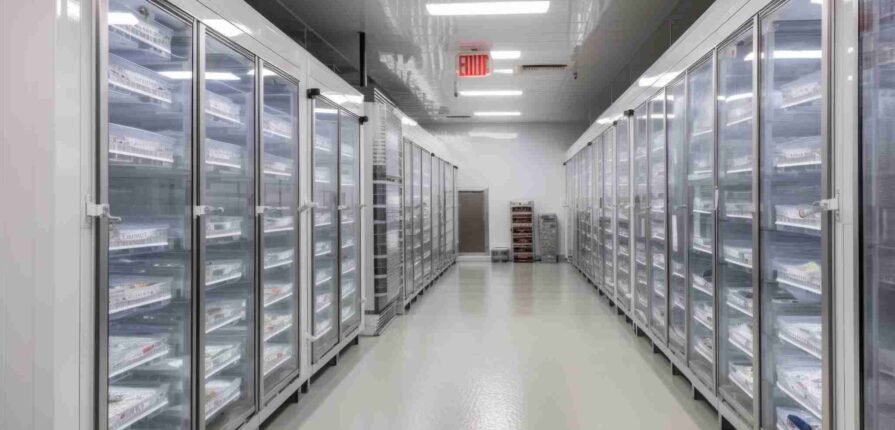
5. Improving Inventory Management
Temperature mapping studies provide valuable insights into how temperature variations affect different products. Retailers can use this data to organize inventory strategically, placing temperature-sensitive items in areas with stable conditions. This proactive approach reduces the risk of product loss and improves overall inventory management.
6. Reducing Energy Consumption
Inefficient cooling systems can lead to excessive energy consumption. By identifying areas where energy is wasted, temperature mapping studies enable retailers to make informed decisions about system upgrades and adjustments. Implementing energy-efficient solutions not only reduces operational costs but also supports sustainability initiatives.
7. Enhancing Customer Satisfaction
Maintaining optimal temperatures ensures that products remain in peak condition, leading to higher customer satisfaction. By investing in temperature mapping studies, retailers demonstrate a commitment to quality and customer care. Satisfied customers are more likely to return and recommend the store to others, driving business growth.
Conclusion
Implementing temperature mapping studies in Riyadh’s retail operations is essential for reducing waste, ensuring product quality, and enhancing customer satisfaction. Eximia360 offers expert services tailored to the unique climate challenges of Saudi Arabia. For more information or to schedule a consultation, visit www.eximia360.com.
